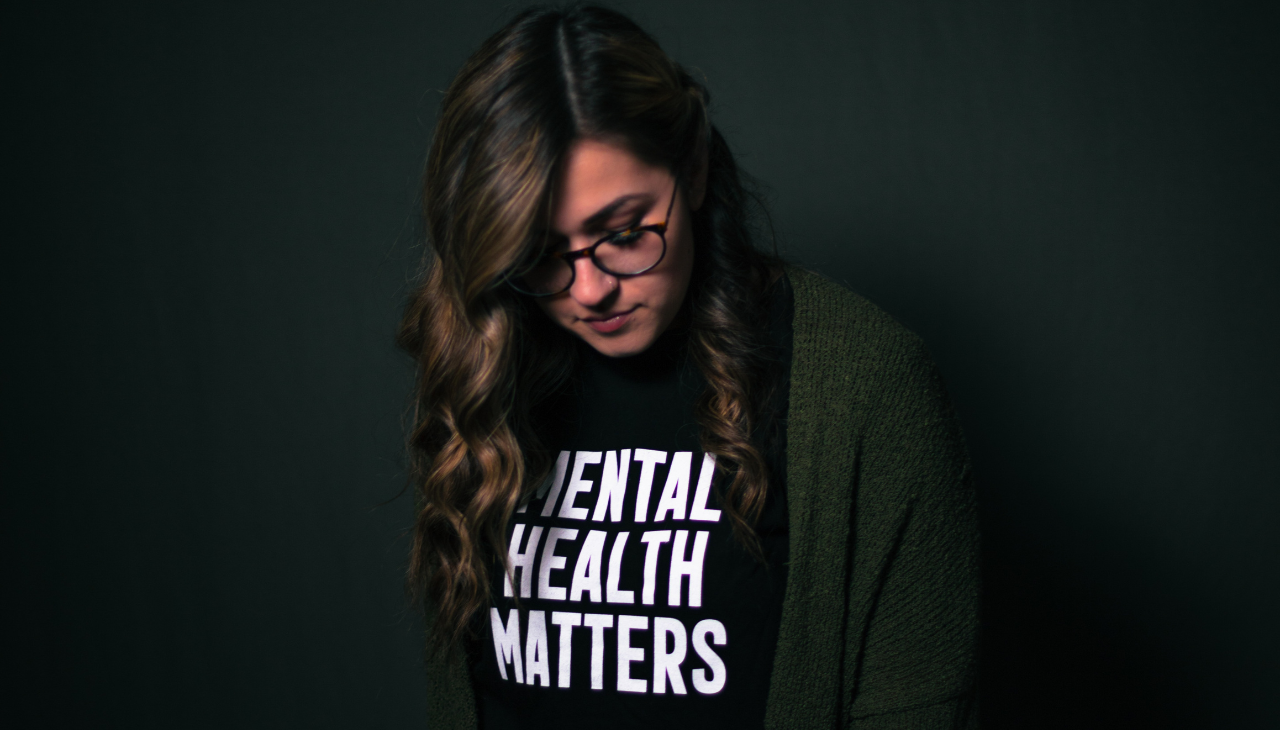
Tips for students with mental health challenges
You’re ready to start the college application process and every school sounds like a great fit. You hear the campus is beautiful, full of history, with a great architectural structure. You want to celebrate that you meet the requirements and are almost certain they will all accept you. You worked really hard to get into these universities, that you can’t foresee an issue.
You are aware your mental health fluctuates. There are times you isolate yourself and others when you are vibrant and full of life, and others you are stuck somewhere in the unknown.
Whether you are a junior or senior in high school, you need to consider what you need in order to thrive at the collegiate level. If you have a disability, mental health challenges (or diagnosis), or a medical condition (like diabetes, lupus, heart disease, etc), it is important to check whether or not the school has a department that handles cases like yours.
CONTENIDO RELACIONADO
What’s a good fit?
Each individual requires a set of needs to be met. Compromising your mental health should not be overlooked.
First, compile a list of nonnegotiable that each college or university you will be applying to must have. It is important to understand your needs, and what will help you thrive in a collegiate environment. Second, check if the colleges or universities you will be applying to have a disability center or a counseling center that can provide accommodations for documented mental and physical health issues. Third, compare the different ways each institution meets your needs and in which way it does not.
The biggest disservice you can do to yourself is choose an institution that might look great on paper, but will not meet your mental health needs.
Don’t be hard on yourself for needing accommodations. Utilize the resources available to you as a student by the institution of your choosing. Allow yourself the possibility to have a strong social support network. You will come to realize that there are more individuals struggling to seek help.
Best Advice:
- Avoid isolation. Navigating stress, anxiety, and depression can feel challenging. Mental health is challenging.
- Take time to self-care. Do not be hard on yourself for needing time to stay in balance, centered, and well.
- Get plenty of sleep. I know many people say, get rest, you will feel better. Sleep is your time to disconnect and silence the outside noise. It is the time to give your body the time to rest. The longer you go with lack of sleep, you are more likely to be irritable, tired, unfocused, overwhelmed, and worsen your mental health.
- Be active. This can be a walk around campus, jogging, swimming, cycling, dancing. It will keep you focused and with a clearer mindset.
- Find a hobby while in school. Maybe give art a try, or cooking, or fishing, or reading a book. Anything that can help you stay in a calm state and further provide clarity should be welcomed.
- Find what keeps you centered and at peace. Find what keeps you balanced while in school. Everyone is different. Our needs are forever changing.
Think about asking your mental health professional or your family doctor for recommendations on how to take care of your needs while in school.
Consider the following:
- School size and distance from home. Will living far from home affect your mental health and well-being.
- Prepare for the transition to college. Understand the school’s policies and resources and how they correlate to your needs.
- Consider therapy while in school. Many universities have counseling centers, and teletherapy has increased since COVID-19. Find ways to still be vocal about your needs and navigate issues that might arise.
- Medication. Familiarize yourself with the policies governing medication management from the college or university you decide to attend. Ask questions and make sure you understand what is being asked of you as a student.
- Living arrangements. This consists of whether or not you want to live on campus and how that decision would help or affect your mental health.










DEJE UN COMENTARIO:
¡Únete a la discusión! Deja un comentario.